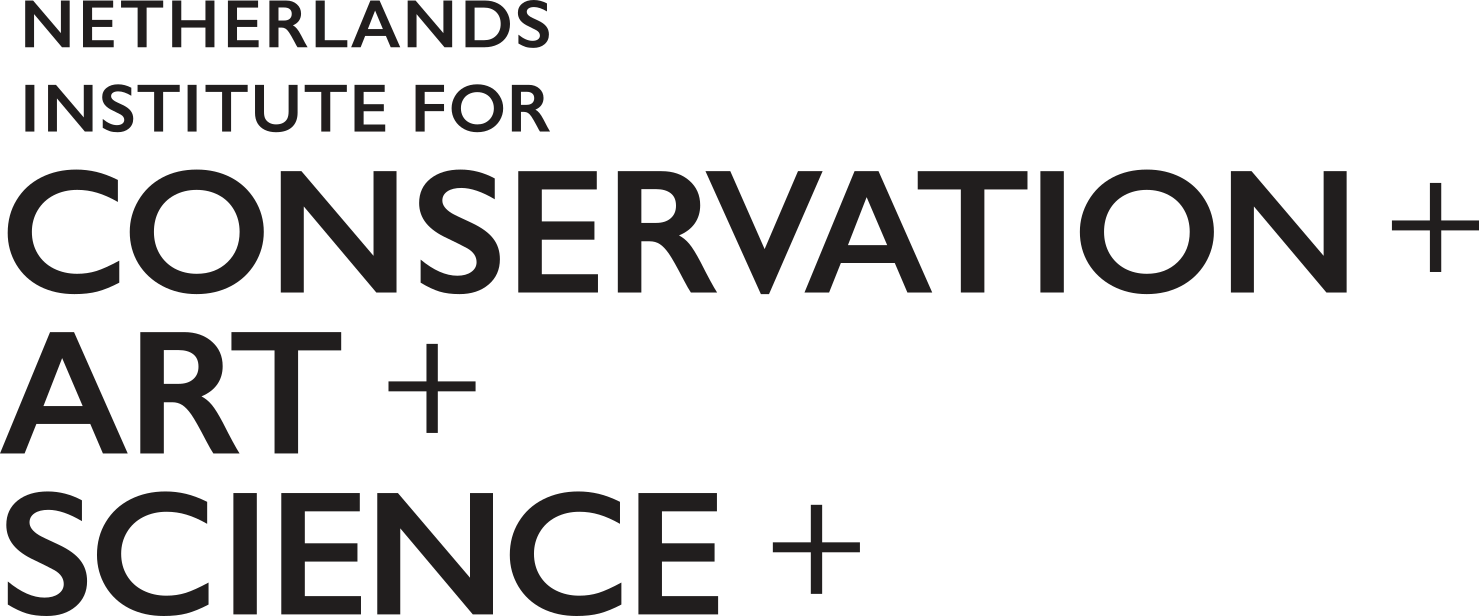Data Science
Computer and data science are an essential component in cultural heritage research in order to make sense of the vast amounts of data, often complex and heterogeneous in nature, collected in research projects.
SCOPE OF RESEARCH
We have moved from a time in which we didn’t have enough data to inform and support our assertions and decisions to a time in which we have a deluge of data. To make this process manageable for researchers and heritage professionals data and computer science covers novel techniques and methods of collecting, analysing, interpreting and visualising the data. Data science can either be helpful to process the vast amounts of data from the analysis of single objects, but it can also be used to analyse large data sets comprising multiple objects. Often, data sets have been assembled under very diverse conditions using various instruments, making direct comparisons difficult. Data science can investigate novel ways in which such data sets can be made comparable, and thus create more possibilities for national and international comparisons of available data sets. It can also discern new patterns in data sets that cannot be observed by individual humans. Data science can also aid in reducing the subjectivity of various types of knowledge used for conservation decisions and to help transform it from case-based observations to more general, objectified data. Data science provides new tools to solve problems that have not been solved, and at the same time generate new questions by enabling different ways of viewing data and the objects from which they derive.
RESEARCH LEADS

Prof. dr. Rob Erdmann
Rijksmuseum / University of Amsterdam
